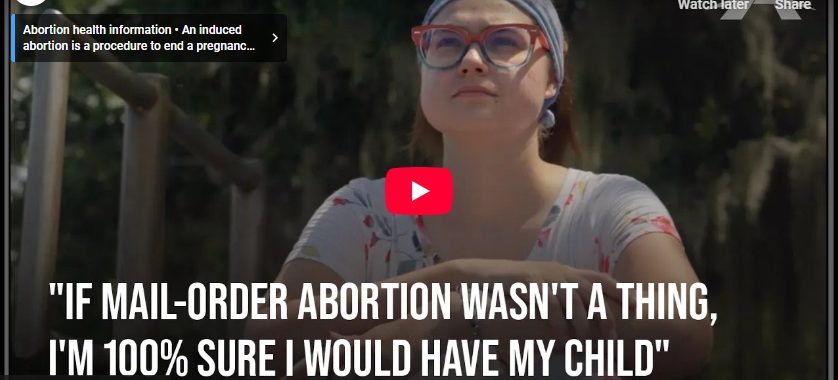Political Donations From Nursing Homes Surpass $41K in Arkansas

Data from the Secretary of State’s campaign finance website shows that an organization representing the nursing home industry in Arkansas has made more than $41,000 in campaign contributions this year.
The Arkansas Health Care Association — which receives monthly dues from nursing homes in the state — is the state’s largest organization of long-term care providers. In the past, the organization has supported “tort reform” measures limiting the amount of money judges and juries can award in lawsuits when a person is injured or killed due to someone else’s negligence.
So far this year, the Arkansas Health Care Association’s political action committee has provided $41,634.60 in support to nearly two dozen candidates and political committees in Arkansas.
Family Council has never opposed responsible lawsuit reforms, but we have written repeatedly about the unintended consequences of the kinds of measures the nursing home industry has promoted in Arkansas.
For example, in 2017 lawmakers proposed an amendment capping noneconomic and punitive damages in personal-injury lawsuits.
Under that proposal, noneconomic damages could have been capped at $500,000 for injury or death, and punitive damages would have been limited to three times the noneconomic damages. That may sound like a lot of money to some people, but it’s not much compensation for the loss of a human life.
The measure also let lawmakers restrict evidence that could be used in personal-injury lawsuits.
Similar measures have been proposed since then.
As we and others have said over the years, restricting lawsuits makes it difficult or impossible to hold bad actors accountable if a nursing home resident is injured or killed because the nursing home was negligent or didn’t properly care for her. Placing arbitrary limits on the amount of money judges and juries can award to victims of negligence effectively puts a price tag on human life.
Articles appearing on this website are written with the aid of Family Council’s researchers and writers.



